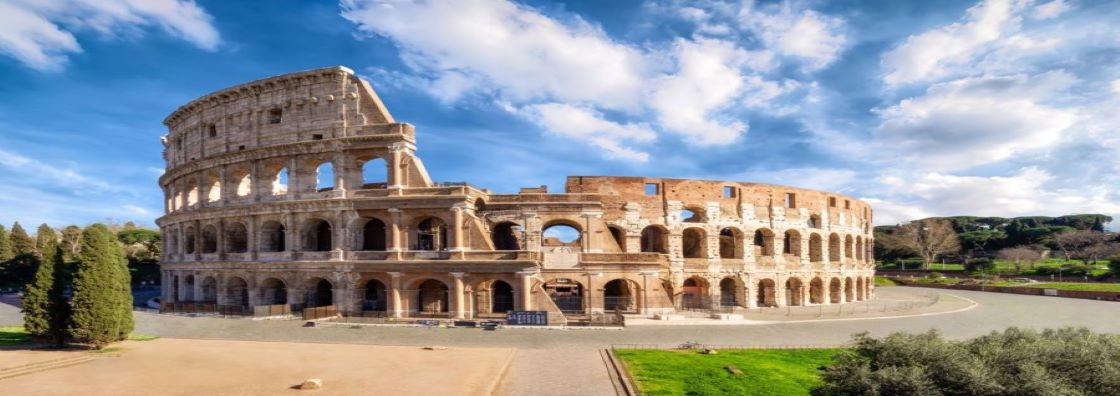What does a degree in Greek and Roman Civilization at Maynooth include?
The undergraduate BA degree is composed mainly of modules on the literature and history of Greek and Roman societies. Most modules work through translations only. But the degree also includes options for studying the ancient languages in second and third year (see links below).
Over three years, among the authors studied are such timeless “classics” as Homer, Sappho, Sophocles, Thucydides, Plato, Cicero, Catullus, Ovid, Virgil, Tacitus, and St Augustine. In reading these authors in English translation, we gain some familiarity with the major literary genres which the ancients gave to the modern world - including epic drama and lyric poetry, as well as history and philosophy. In addition, the periods of time covered are some of the most important and influential in western history: classical Athens with its flourishing democracy and empire; Alexander the Great, with his astonishing conquests and long-term influence; late Republican Rome and the subsequent age of Augustus; and the Roman empire at its height, as it dominated and shaped the whole Mediterranean world, from Scotland to the Sahara. The degree also includes modules on ancient mythology and art, ancient philosophy, Greek law and political theory, Roman law, Roman slavery, women in antiquity, and the reception of antiquity in modern Ireland and in contemporary literature and film. In all, the degree offers a wide-ranging and balanced education in many aspects of Greek and Roman civilizations and their aftermath.
For an overview of the ancient world, here are two short videos on:
Ancient Greece [18 mins.]
Ancient Rome [20 mins.]
Interested in studying Latin?
For two thousand years Latin was the premier language of the European continent. From Latin came Spanish, French, Italian and Romanian, while after the Norman Conquest of England, Latin-French words have come to make up some 60% of modern English vocabulary. This makes Latin of great advantage and interest to students of English, modern Romance languages, and of Indo-European languages in general, while the study of Latin grammar and syntax provides a perfect foundation for other language learning. Because of its long and extensive use, Latin has had vast influence on literature, politics and religion. As a result, it makes an excellent companion to other studies, especially English, history, philosophy and theology.
For modules in Latin, search for GC298a, GC298b, GC299a,and GC299b in Coursefinder.
Interested in studying Ancient Greek?
What have the Greeks done for us? Mythology, architecture, poetry, philosophy, mathematics, biology, psychology, history, politics—all these are Greek words, and in some cases, essentially Greek inventions. Mythical and historical figures like Achilles, Odysseus, Pericles, Sophocles, Socrates, Plato, Alexander the Great continue to inspire the contemporary imagination, from the movie Troy to Seamus Heaney’s “Theban” plays to Mark Zuckerberg’s private reading. Simply stated, the Greeks laid the foundations for European culture, and to study ancient Greek is therefore not to study a “dead” language: it opens a window onto an impressively rich period of human history, one that continues to resonate today. Even as a non-spoken language, ancient Greek is incredibly beautiful, flexible and expressive. If you are interested in languages and poetry, then Greek is a must!
For modules in ancient Greek, search for GC296a, GC296b, GC297a and GC297b in Coursefinder.

